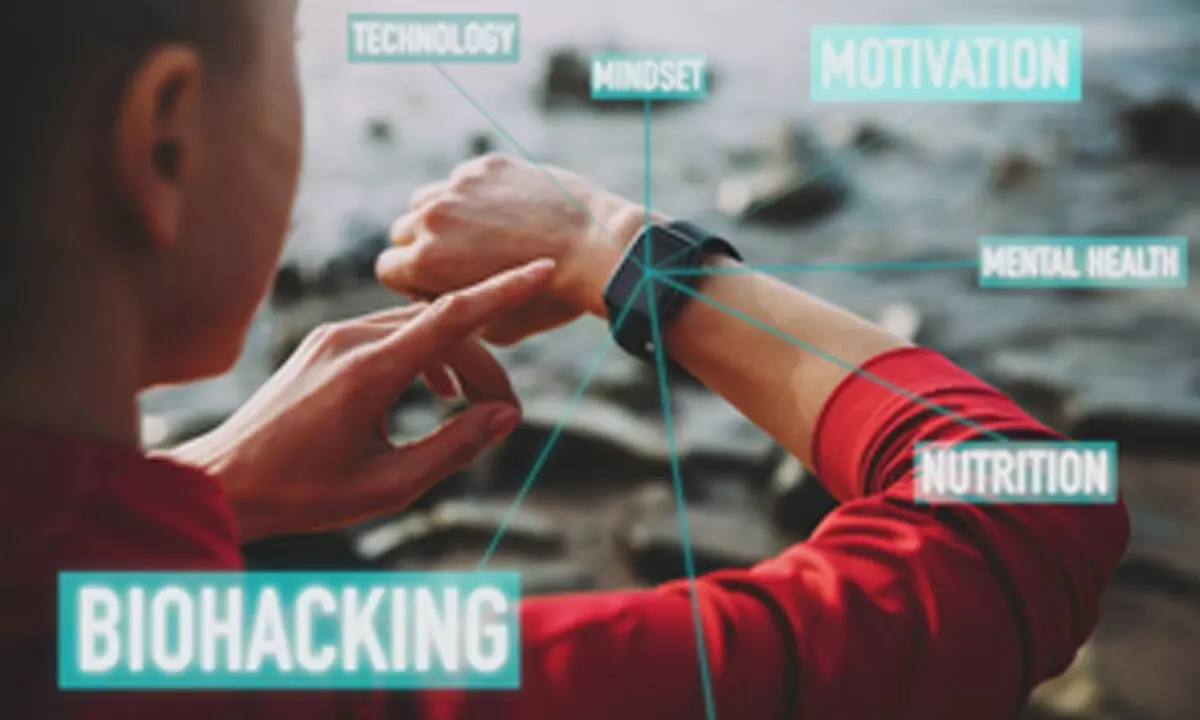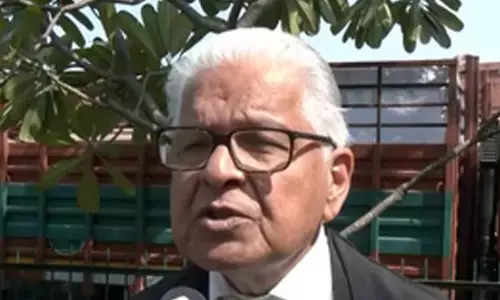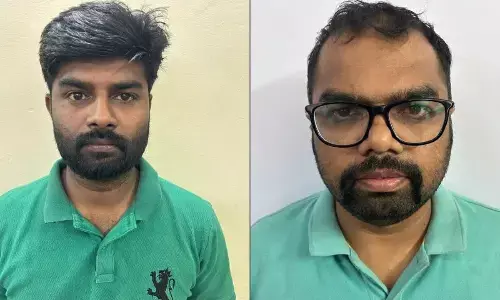Why are millennials, Gen Z people obsessed with biohacking?
Share :

A desire for self-optimisation, natural curiosity, and being tech-savvy makes millennials, Gen Z people obsessed with 'biohacking' - a wellness trend that seeks to enhance people's lives by optimising bodies, behavioural experts said on Tuesday.
New Delhi: A desire for self-optimisation, natural curiosity, and being tech-savvy makes millennials, Gen Z people obsessed with 'biohacking' - a wellness trend that seeks to enhance people's lives by optimising bodies, behavioural experts said on Tuesday.
Biohacking is do it yourself (DIY) on your own biology, where people take charge of their own health, and make positive changes to their diet, fitness, lifestyle. Over the past 90 days, Google searches for 'bio hacking' have skyrocketed by 900 per cent.
"Millennials and Gen Z are drawn to biohacking due to their desire for self-optimisation. Tech-savvy culture makes tracking and analysing various aspects of health easier, provides them empowerment and helps them take control of their health rather than relying on traditional healthcare systems.. Social media and influencers promoting the practices also play a huge role," Dr Shambhavi Jaiman, Consultant Psychiatrist at Fortis Healthcare, told IANS.
"The millennial and Gen Z generations are fascinated by biohacking because of their natural curiosity and familiarity with technology. These generations are inherently inclined to seek out creative ways to improve their physical and mental health because they grew up in a time where digital knowledge was abundant," added Dr. Soumiya Mudgal, Senior Consultant - Mental Health And Behavioural Sciences, Psychiatry, Max Hospital, Gurugram.
The best example of biohacking has been the 45-year-old American millionaire Bryan Johnson, the founder of KernelCo and Blueprint, who stated that he is investing $2 million per year to reduce his biological age.
Closer home, actor Suniel Shetty last year invested in healthcare startup The Biohacker that helps individuals address personal health gaps.
"Biohacking continues to gain popularity, particularly with millennials and generation Z who are becoming more interested in the scientific research behind their health and wellbeing and are also open to experimenting with new techniques," according to a spokesperson at SET FOR SET, a US- based fitness company.
Some examples of biohacking includes ice cold plunge, optimising sleep, regular saunas, drinking Himalayan salt water, Testosterone Replacement Therapy (TRT), intermittent fasting, moderate coffee intake, regular blood testing, breath work, and red light therapy (RLT), the company said.
Dr Shambhavi said these may also help younger generations combat stress and burnout.
"Biohacking offers them autonomy over their health and well-being through experimentation and alternative approaches," the doctor said.
"To put it simply, it's a modern take on self-care that reflects their dedication to maintaining their health well before illnesses develop. This connection is a result of genuine concern for wellbeing and a strong desire to use technology as a game-changing instrument to improve people's quality of life in general," Dr Mudgal told IANS.







